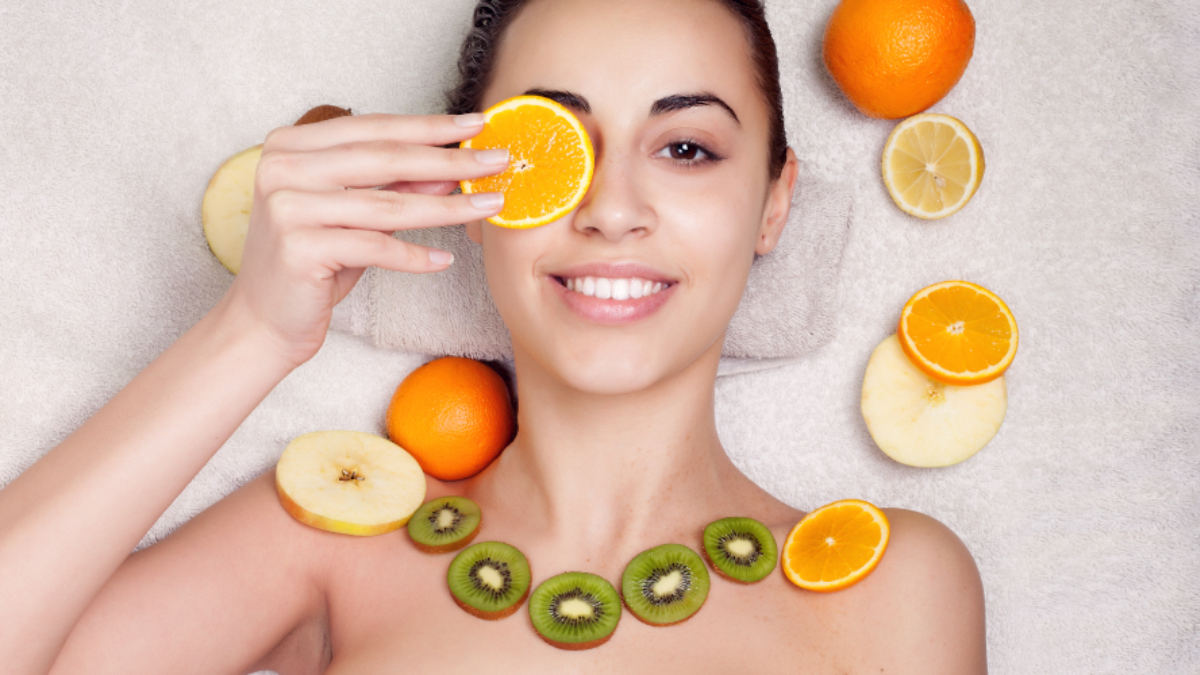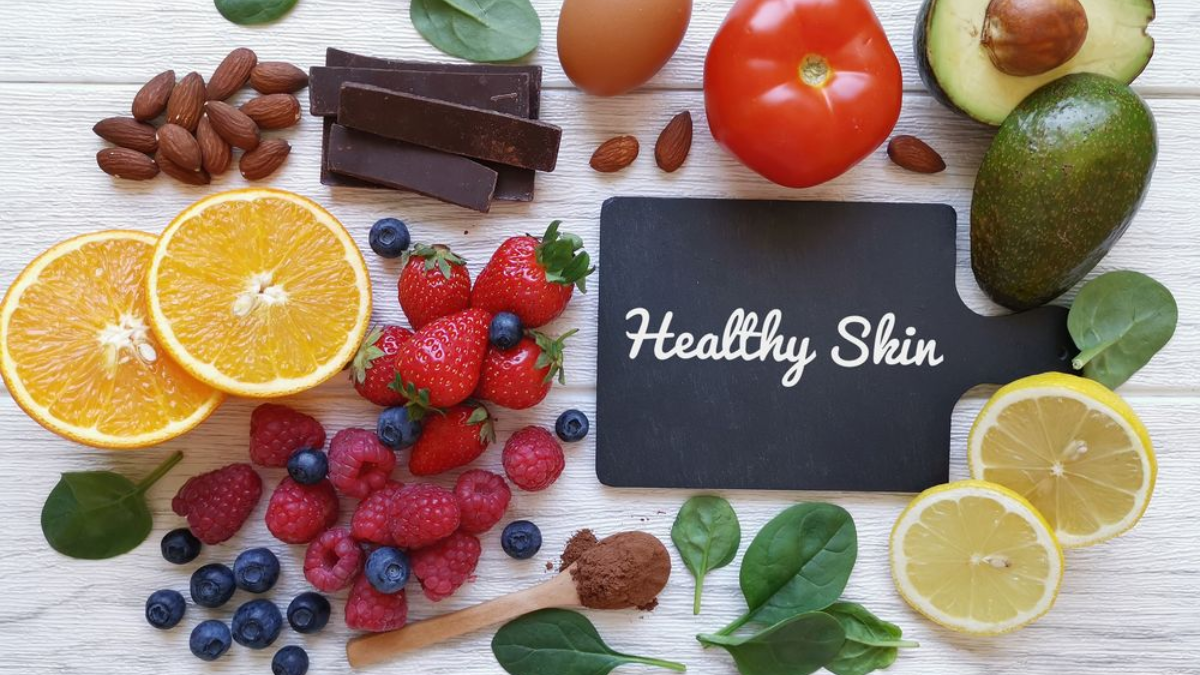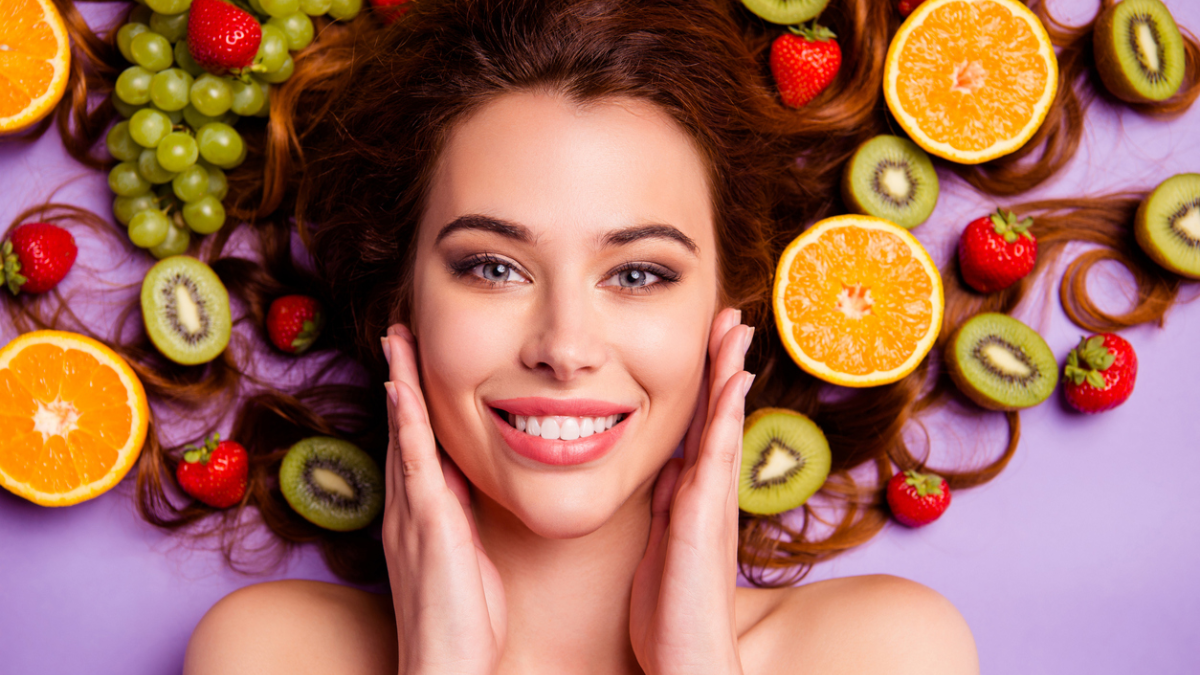
The idea that “you are what you eat” might hold more truth than we realise, especially when it comes to how your skin ages. A new review published in Food Science & Nutrition has unpacked a growing body of evidence suggesting that your daily diet could either preserve your youthful glow or accelerate the signs of ageing. By examining recent studies from the past five years, researchers identified clear links between certain dietary patterns and skin health and highlighted how some foods help combat skin ageing while others can make it worse.
Table of Content:-
The Skin: A Complex Shield
Our skin isn’t just a surface covering; it’s the body’s largest organ, accounting for about 15% of an adult’s body weight. Comprising three main layers—epidermis, dermis, and subcutaneous tissue—it serves as a first line of defence against external threats, regulates temperature, and even contributes to immune responses.

As we age, both natural processes and environmental stressors affect the skin’s function and appearance. While internal ageing leads to a gradual decline in collagen production and elasticity, external factors like sun exposure, smoking, pollution, and poor nutrition speed up visible signs of ageing such as wrinkles and uneven pigmentation.
Diet: The Hidden Driver of Skin Ageing
One of the strongest takeaways from the review is how profoundly diet impacts the rate at which our skin ages. Antioxidant-rich foods—especially fruits and vegetables containing vitamins A, C, and E—appear to be powerful allies in maintaining youthful skin.
Also Read: Crush Cravings Naturally: Fitness Coach Reveals 5 Power Foods That Keep You Full Longer
These nutrients neutralise harmful molecules known as reactive oxygen species (ROS), which contribute to the breakdown of collagen and elastin.
On the flip side, diets high in refined sugars and unhealthy fats are particularly damaging. These ingredients contribute to glycation, a process where sugar binds to proteins like collagen, resulting in stiffer, less elastic skin. The outcome? Premature wrinkles and dullness.

Foods That Feed Your Skin
The research highlights several nutrient groups that stand out for their anti-ageing effects:
- Antioxidants: Found in berries, leafy greens, citrus fruits, and tomatoes, these compounds fight oxidative stress.
- Omega-3 fatty acids: Present in fatty fish like salmon, as well as chia and flaxseeds, these fats reduce inflammation and improve skin hydration.
- Vitamins & minerals: Vitamin C supports collagen synthesis, vitamin E improves elasticity, and minerals like zinc, selenium, and copper play critical roles in enzymatic repair.
Also Read: From Hair Thinning To Overeating, Fitness Coach Shares 8 Signs You Are Not Eating Enough Protein
- Phytoestrogens: Compounds in soy and flaxseed help preserve skin thickness and hydration, particularly in postmenopausal women.
- Proteins & peptides: These provide the building blocks for skin regeneration and elasticity.
- Fermented foods: These enhance the skin microbiome, potentially improving texture, hydration, and resilience.

The Culprits Behind Accelerated Ageing
While some foods nourish the skin from within, others do quite the opposite. Refined carbohydrates, processed snacks high in trans fats, and sugary drinks are major offenders. Not only do they fuel inflammation, but they also produce harmful compounds that degrade collagen.
High alcohol consumption, too, is a known skin saboteur—it dehydrates the skin, dilates blood vessels, and can lead to long-term damage and sagging. Even some polyunsaturated fats, when consumed in excess—especially omega-6s found in processed vegetable oils—can tip the balance toward inflammation unless balanced by omega-3 intake.
Nutricosmetics: The Rise of Edible Skincare
The review also delves into the booming trend of "nutricosmetics"—foods and supplements designed to improve skin from within. These include products fortified with collagen peptides, hyaluronic acid, antioxidants, and more. While promising, experts caution that these should complement, not replace, a healthy and balanced diet.
Final Thoughts: Beauty Really Does Come From Within
While genetic and environmental factors undoubtedly influence how our skin ages, the evidence is becoming increasingly clear: what you eat matters. By incorporating skin-friendly foods into your daily meals and cutting back on the harmful ones, you can potentially delay ageing and maintain healthy, radiant skin well into your later years.
More research is needed to fully understand the impact of different dietary patterns, but for now, focusing on whole, nutrient-dense foods is one of the simplest and most effective ways to support youthful skin from the inside out.
Also watch this video
How we keep this article up to date:
We work with experts and keep a close eye on the latest in health and wellness. Whenever there is a new research or helpful information, we update our articles with accurate and useful advice.
Current Version